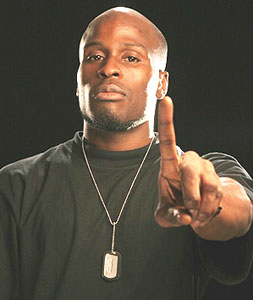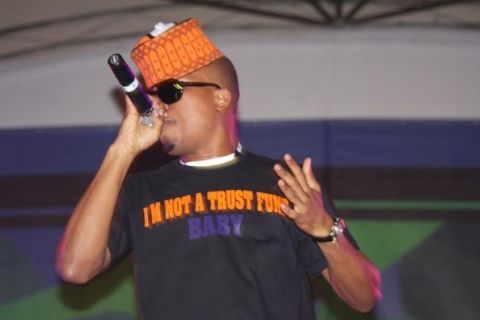
There were no backlines. No drum sets, keyboards or tambourine. No grand piano, twin konga drums or the bata percussive set of drums. Nothing on the vast, elevated stage prepared guests for the colour of music they would be splashed with. Nothing suggested to them that although they were all seated at the Agip Recital Hall of the MUSON Centre to witness a book presentation, they were also in for a medley of musical skits that would cause them to raise their brows, open their mouths and wonder aloud, as they shift to the edge of their seats – knowing full well they might fall down and ruffle their dresses, but not giving a care in the world!
Truth be told, the several star cameo appearances at the presentation of the book Masterpieces – A Critic’s Timeless Report took us all by surprise last Thursday. But what else would you expect at the public presentation of a compendium of classical concert reviews? Music, more music! Especially sounds fit to travel down the narrow road of classical music – the elevated genre to which the existence of the MUSON is dedicated.
So while there were speeches upon speeches, a wide range or remarks, and a very profound, discourse-stimulating review, what most guests took home at the end of the day (apart from copies of the book, of course) was the memories of short but brilliant sketches from Ego Ogbaro, Dupe Kachi (also known as Ige), The Chordwebs and the ingenious, enormously talented veiled mystery musician, Lagbaja.
Ego, who was until December 2006, the lead singer in Lagbaja’s band, took time off preparing for her debut album to deliver a national anthem that’ll momentarily make you forget Nigeria’s myriad problems. When she returned to render acapella her Never faraway, guests gave her thumbs up and asked each other why her album was taking so long…
When the MC introduced the next performance, it was a pregnant young lady that stepped out of the audience to grab the mic. The uninitiated wondered what was happening. But those who had ever tasted of Ige’s sonic pudding sat up on their seats, rolled up their sleeves and focused on the stage like it was a national assignment. Backed by Chordwebs, Ige delivered an excellent version of Anita Baker’s Sweet love; and many who listened were moved to tears. Wielding an unwavering confidence, and displaying an astounding vocal range; weaving through verse after verse in a manner even maestros would envy, how can one lady be so gifted, yet so un-celebrated?
Ige’s prowess, and the unrestrained applause everyone showered on her did not in anyway rob Chordwebs of their shine. The acapella group of five had not performed together in about five years. And it was worth everything, when members abandoned primary obligations to reunite for the epoch launch of Masterpieces. Dare Art-Alade, Nnamdi, Ben, Kenny and David ran through a repertoire of re-worked classical tunes, dwelling more on Obidinmkpa – an Igbo folk song later arranged by Laz Ekwueme. The quintet delivered more than an acapella set. Theirs was a mixture of song and drama; and the demeanor on their faces revealed a satisfaction no word could describe.
And so it was that Chordwebs set the stage for what would be one of the most confounding, yet intriguing cross-genre collaborations of the year.
Accompanied by two anonymous Hausa instrumentalists (one, armed with two talking drums, the other with a goje), Lagbaja hit the stage, just before the unveiling of the book, soprano sax in hand. No usual Lagbaja signature tune. No protocols. Just a bow directed at the high table, and the masked man launched into a routine that would seem like a freestyle to the casual observer. But to the trained musical ears, that was a performance that must have been painstakingly rehearsed. Directing a robust call-and-response with his horn, Lagbaja fused the traditional with the urbane, mixing elements of western high art with African rhythm and percussion. The trio gave life to Onari Duke’s earlier statement about evolving an African dimension to an otherwise western classical music.
Lagbaja may not have uttered a single word throughout his brief set, but he spoke volumes. And members of the audience didn’t have to strain their ears to get the message.


















